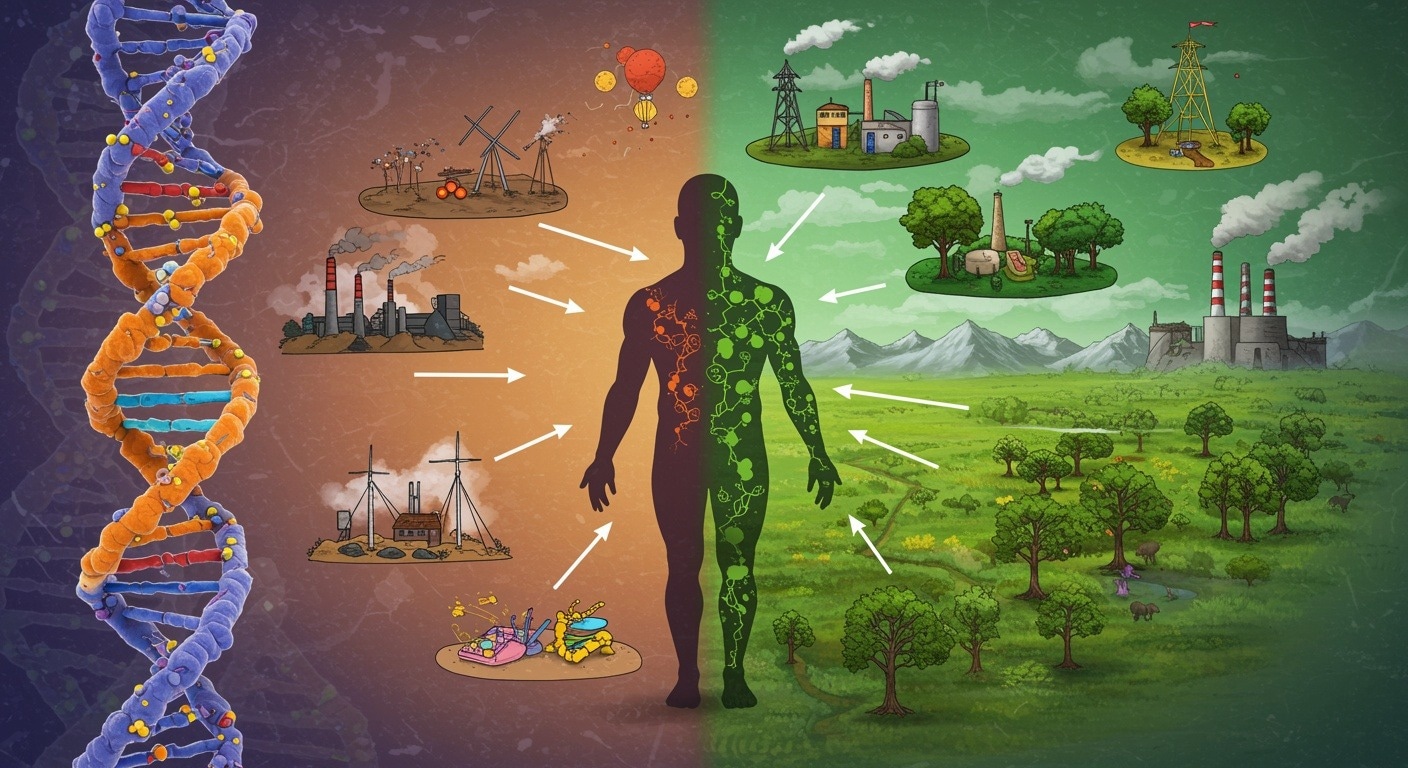Beyond DNA: How Your Daily Life Shapes the Aging Process

Unraveling the Secrets of Aging: How Genetics and Environment Shape Our Lifespan
A groundbreaking new study delves deep into the complex interplay between genetic predispositions and environmental influences that determine how we age and ultimately how long we live. Researchers have discovered that our lifetime experiences—collectively known as the exposome—play a crucial role in shaping our health trajectory and mortality risks.
The research reveals that aging is far more than a simple genetic lottery. While our DNA certainly sets the foundation, environmental factors emerge as powerful sculptors of our biological aging process. Socioeconomic status, personal lifestyle choices, and habits like smoking dramatically impact how quickly our bodies age and our overall life expectancy.
Key findings highlight that individuals are not passive recipients of genetic destiny, but active participants in their aging journey. Factors such as diet, exercise, stress management, and social connections can significantly modulate the aging process, potentially offsetting genetic predispositions to early mortality.
This comprehensive study underscores the importance of holistic health approaches, emphasizing that proactive lifestyle choices can meaningfully influence our biological aging and long-term health outcomes. By understanding these intricate connections, individuals can make informed decisions to potentially extend their healthspan and quality of life.
